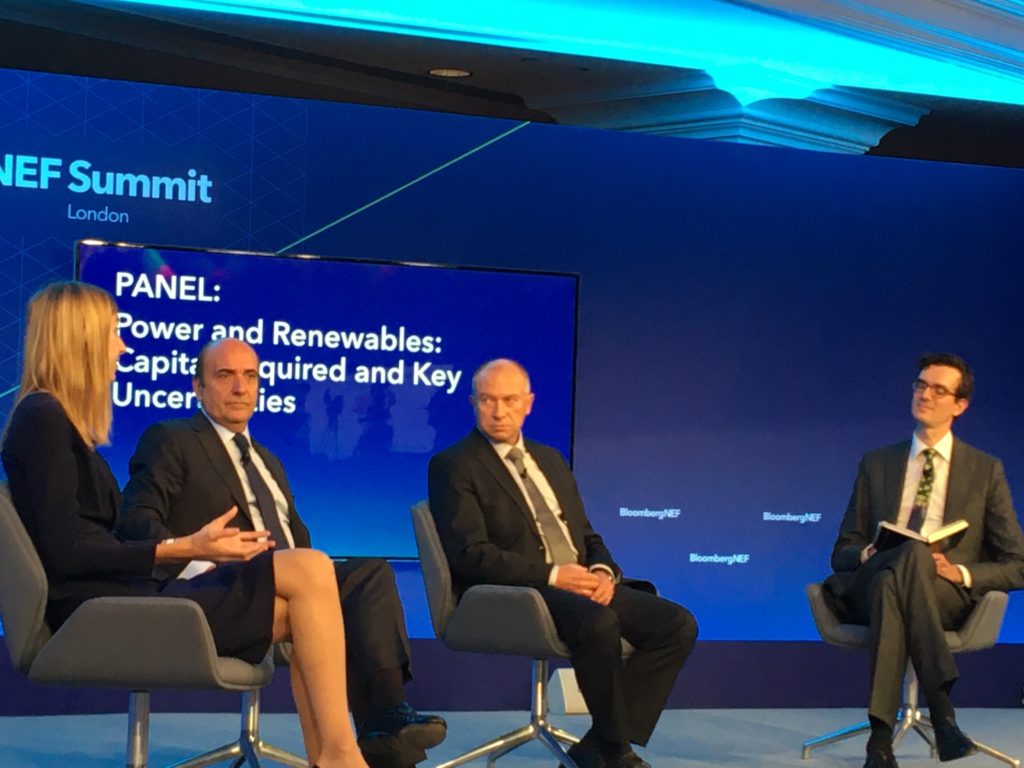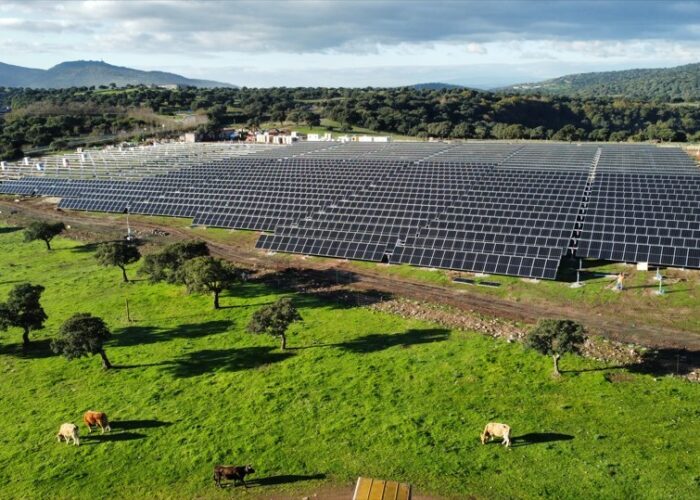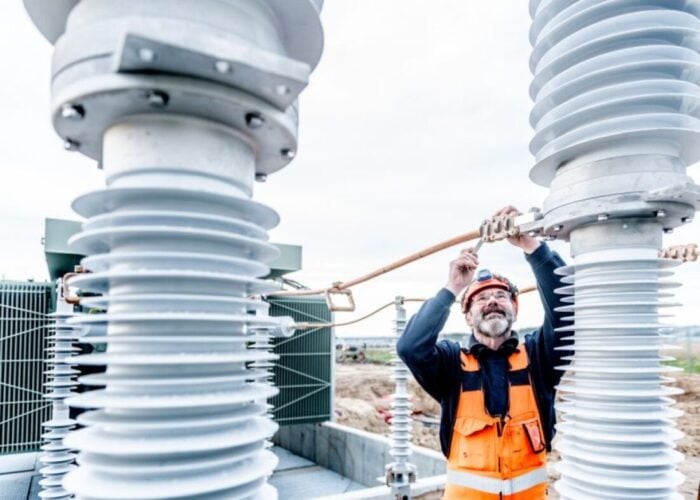
Europe’s energy crisis can be a boon for renewables deployment on the continent by bolstering business cases, but familiar foes such as grid constraints will still need to be hurdled in the coming years.
That was the conclusion reached by a majority of panellists at this week’s BloombergNEF Summit in London, however other renewables developers speaking at the event expressed concern over the potential for state interventions over wholesale prices to disrupt the market.
Unlock unlimited access for 12 whole months of distinctive global analysis
Photovoltaics International is now included.
- Regular insight and analysis of the industry’s biggest developments
- In-depth interviews with the industry’s leading figures
- Unlimited digital access to the PV Tech Power journal catalogue
- Unlimited digital access to the Photovoltaics International journal catalogue
- Access to more than 1,000 technical papers
- Discounts on Solar Media’s portfolio of events, in-person and virtual
Europe is in the midst of a power price crisis and the general consensus from speakers and guests was that this was a good thing for the renewable energy sector. Polling at the event showed that 66% of attendees believed the high power prices, cause by sharp rises in the price of natural gas, was good for the deployment of renewables. Indeed, panellists discussing the subject as part of BNEF’s ‘Power and Renewables: Capital Required and Key Uncertainties’ talk largely agreed with the audience, although there were some caveats.
Rafael Mateo Alcala, CEO of Acciona, said that the problem was fundamentally with the supply of gas, “so the solution is to accelerate renewable deployment”. Alcala, who stated his aim to double the size of Acciona over the next five years, said Europe was too dependent on natural gas. He urged companies and governments to accelerate the roll out of renewables such as solar, highlighting the stability and profits to be made in the long term.
“Now is the investment phase for renewables,” he said. “The major returns on these investments will come later”. BNEF has estimated that 700GW of renewables will need to be deployed through to 2030 if Europe is to meet its climate targets at a predicted cost of US$1.1 trillion.
"Those countries that move fast, reducing barriers for clean energy, & favoring the deployment of innovative business models, will be the winners. Huge opportunity exists for those capable of promoting a strong industry & achieving societal acceptance" @rmateoalcala #BNEFSummit pic.twitter.com/29dND3oZDR
— ACCIONA (English) (@ACCIONA_EN) October 18, 2021
Some panellists, however, were more cautious. Christian Rynning-Tønnesen, CEO of Statkraft, noted how the recent round of energy price increases was both good and bad for the renewables sector. While Rynning-Tønnesen recognised that the present crisis may reinforce the argument for renewable deployment, state intervention from governments seeking to stabilise domestic prices under political pressure may cause disruption to the market mechanisms and price structures that renewables rely on.
“It’s not possible to have a transition without volatility because of the nature of solar and wind energy generation,” Rynning-Tønnesen said. “We will still need some gas supply in the long term”.
Crucially, the current turbulence in energy markets across the continent makes the argument for renewables far easier and the conversations around it more compelling, said Natalie Adomait, managing director of Brookfield Asset Management. She also said that a “huge grid build out” was needed to “connect generation with demand”, pointing to the UK where the majority of power is generated in the north of the country, while most demand comes from the south.
The trio also discussed Europe’s renewable pipeline and the financing required to reach continental targets. BNEF’s bottom-up installed capacity forecast until 2030 showed that the continent’s projected total long-term capacity pipeline stands at 335GW to meet targets, with the largest share of this coming from utility solar (87GW), followed by commercial solar (58GW).
More coverage from today’s talks will follow…







